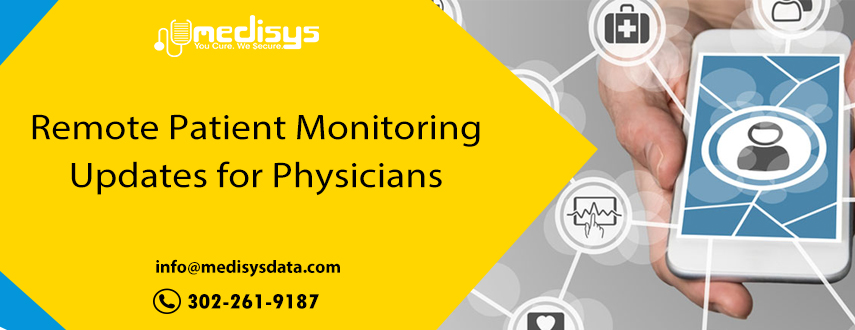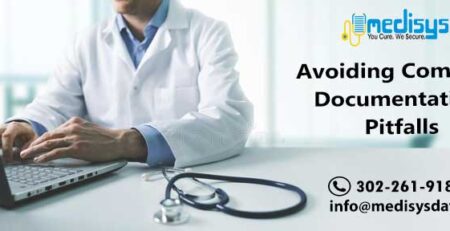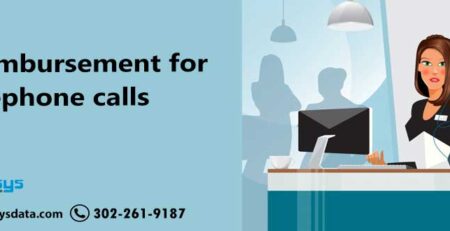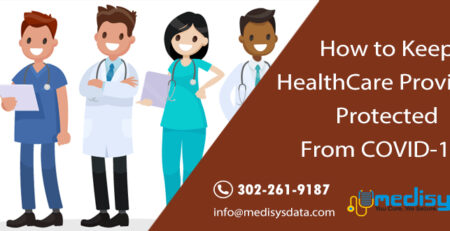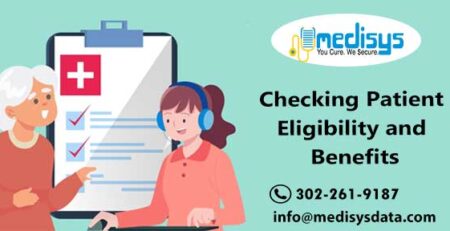Increased adoption and importance of Remote patient monitoring (RPM) during the coronavirus crisis in physician’s community. In short RPM is use a digital technology to capture and monitor patient’s health data electronically. This transmit the patient information to their providers for assessment, instruction and recommendation. RPM used to store wide range of patient data, including blood pressure, weight, blood sugar level, and heart rate.
Remote Patient Monitoring
RPM is a method of healthcare delivery that uses the advanced information technology to gather patient data outside of traditional healthcare settings. “Remote patient management is … about moving more healthcare out of the traditional setting, into the house and where people live, work and play every day,” explains Marcus Grindstaff, COO of Care Innovations.
Smartphones and tablets are widely used today around the world across all age groups. This comfort level with technology increase engagement level with patient. Physicians can improve quality care by using RPM system.
Does Medicare cover remote patient monitoring?
RPM involves the understanding of medical information without direct interaction between the physician and the patient. It’s alike physician interaction of a radiological image. Medicare pays for RPM services like they pay in the condition as in-person physicians service, there are not additional requirement.
RPM not expressly required to use interaction audio and video. CMS has not defined any statement as to which technologies can be used to perform remote consultations. It can be anything from real time videos with patient to a message sent through patient portal.
How do you bill for remote patient monitoring?
CPT code 99091
The unbundling of CPT code 99091 is being heralded as an encouraging move toward widespread implementation of remote patient management. The Current Procedural Terminology (CPT) code 99091 as maintained by American Medical Association, is a medical procedural code under the range – Digitally Stored Data and Remote Physiologic Monitoring Services.
CPT code 99091: Collection and interpretation of physiologic data (e.g., ECG, blood pressure, glucose monitoring) digitally stored and/or transmitted by the patient and/or caregiver to the physician or other qualified health care professional, qualified by education, training, licensure/ regulation (when applicable) requiring a minimum of 30 minutes of time, each 30 days)
New CPT codes for RPM
CPT code 99453
Remote monitoring of physiologic parameter(s) (e.g., weight, blood pressure, pulse oximetry, respiratory flow rate), initial; set-up and patient education on use of equipment. (Initial set-up and patient education of monitoring equipment)
CPT code 99454
Device(s) supply with daily recording(s) or programmed alert(s) transmission, each 30 days. (Initial collection, transmission, and report/summary services to the clinician managing the patient)
CPT code 99457
Remote physiologic monitoring treatment management services, 20 minutes or more of clinical staff/physician/other qualified health care professional time in a calendar month requiring interactive communication with the patient/caregiver during the month. (Interpretation of the received data and interaction with patient on a treatment plan by a clinician)
Remote patient monitoring is not only payable by Medicare, but also 23 state Medicaid programs (as of June 2020, according to the Center for Connected Health Policy). In addition, numerous commercial payers cover remote patient monitoring within their telehealth coverage policies (with some caveats). Furthermore, the COVID-19 Telehealth Program established by the Federal Communications Commission (FCC) includes remote patient monitoring.
We have experienced and trained staff, which has experienced worked with physicians who work on RPM services. If you are looking to outsource your billing services then feel free to get in touch with us.







